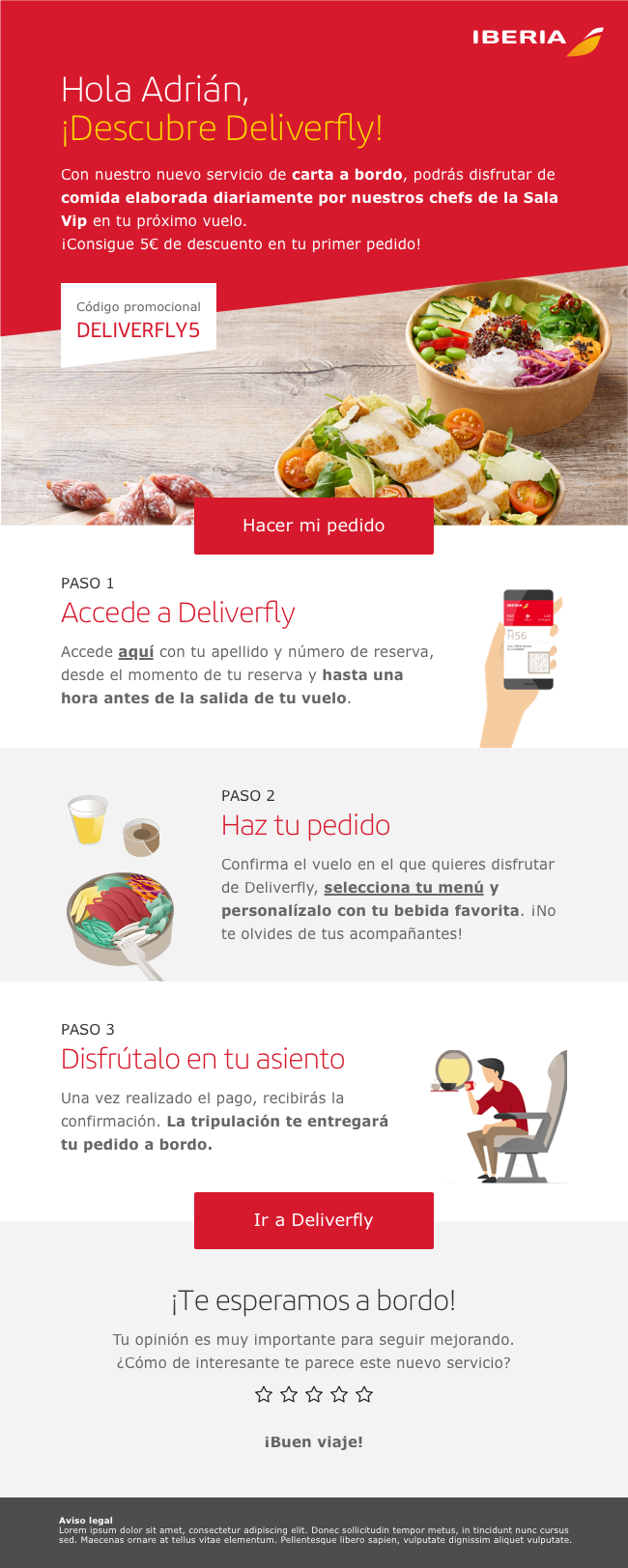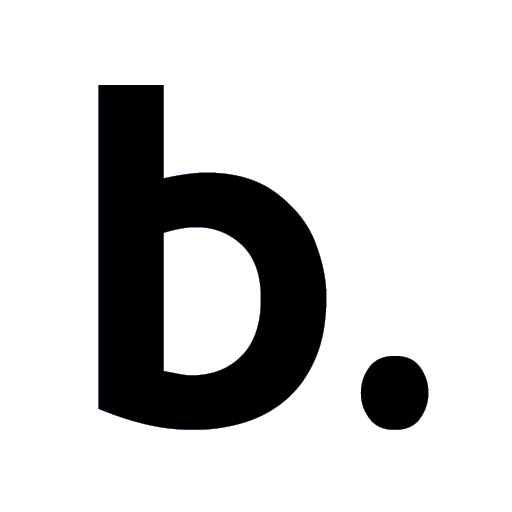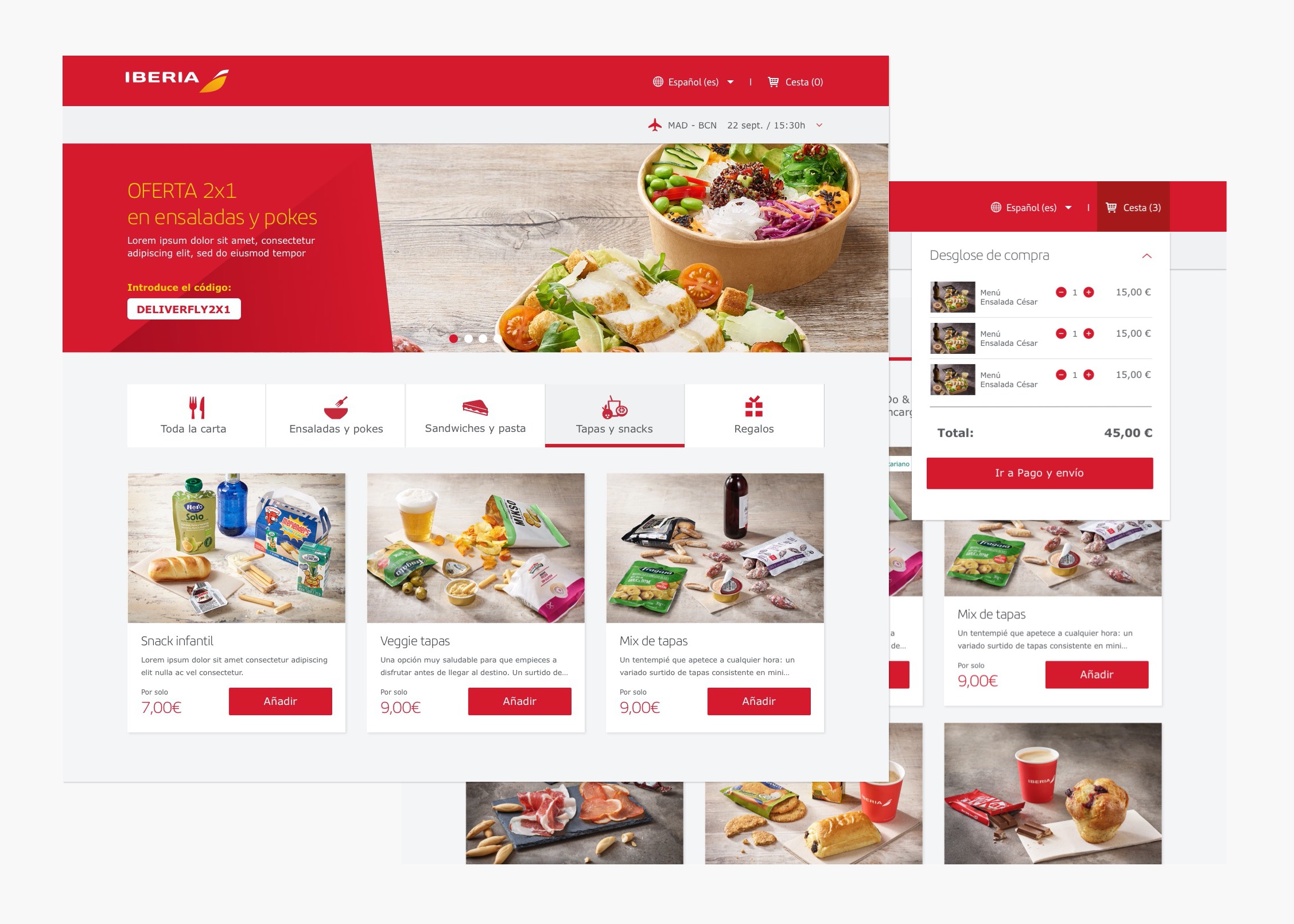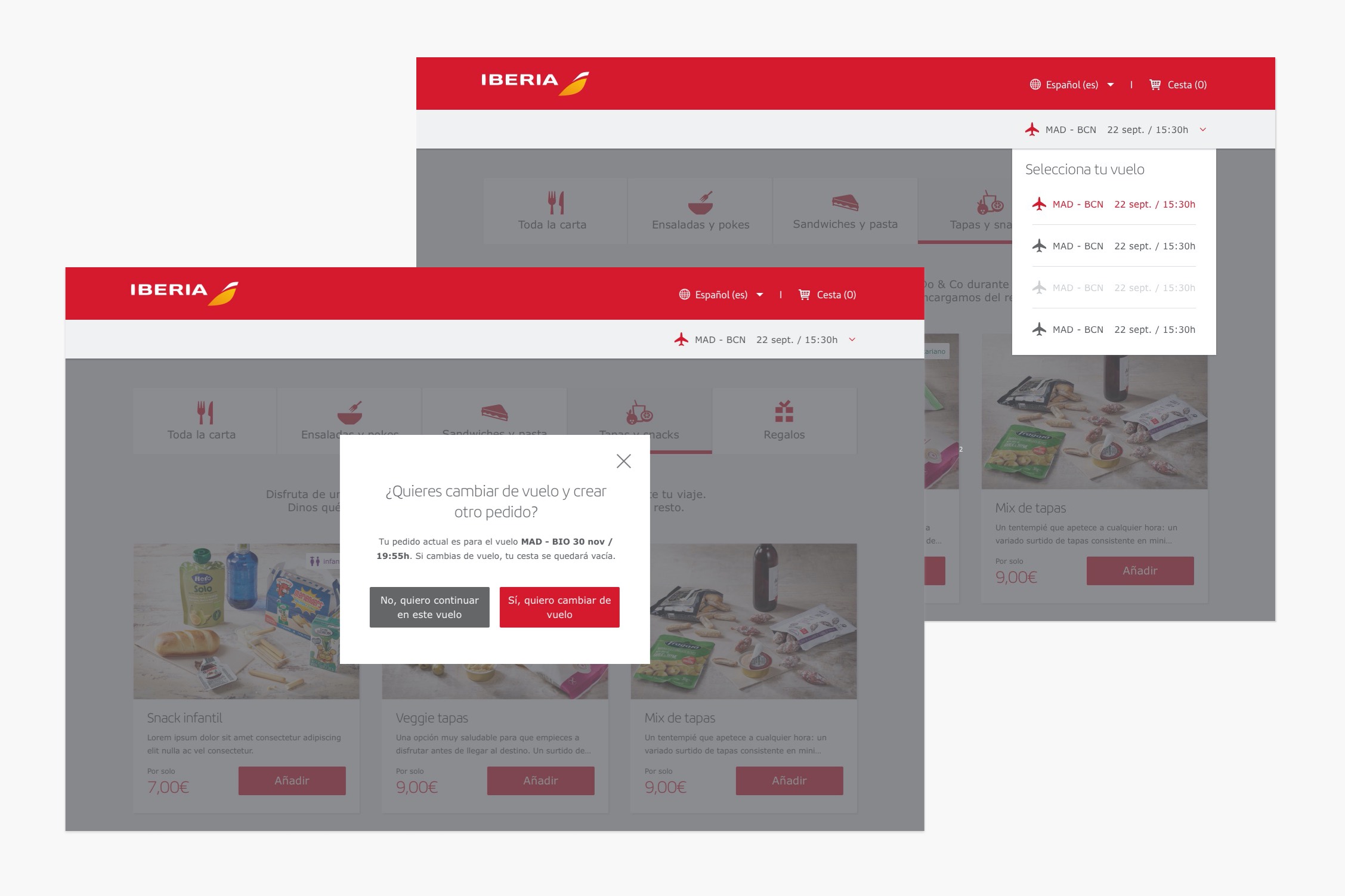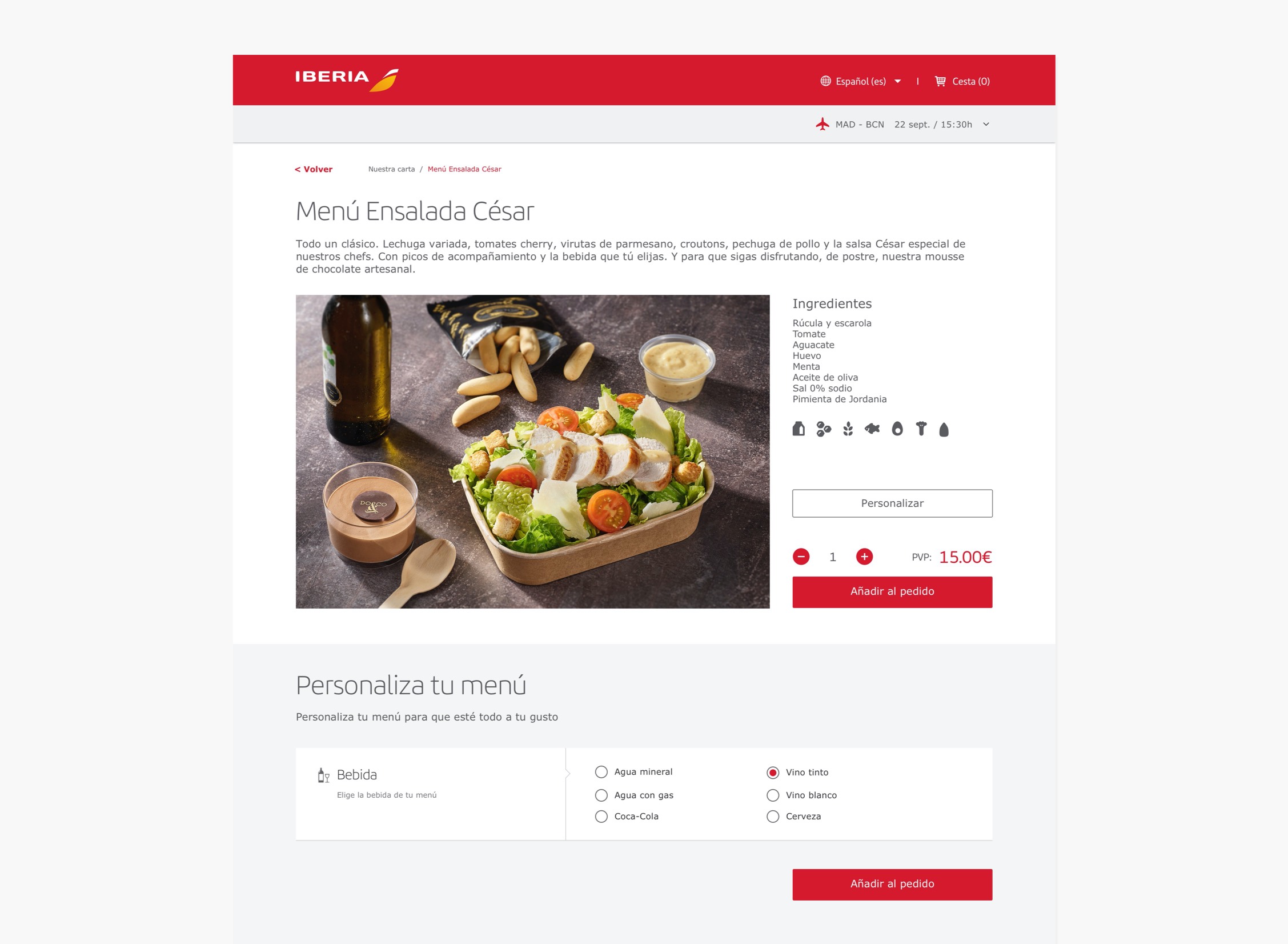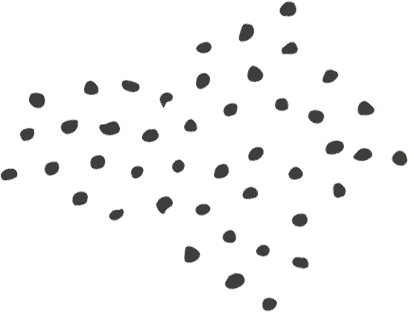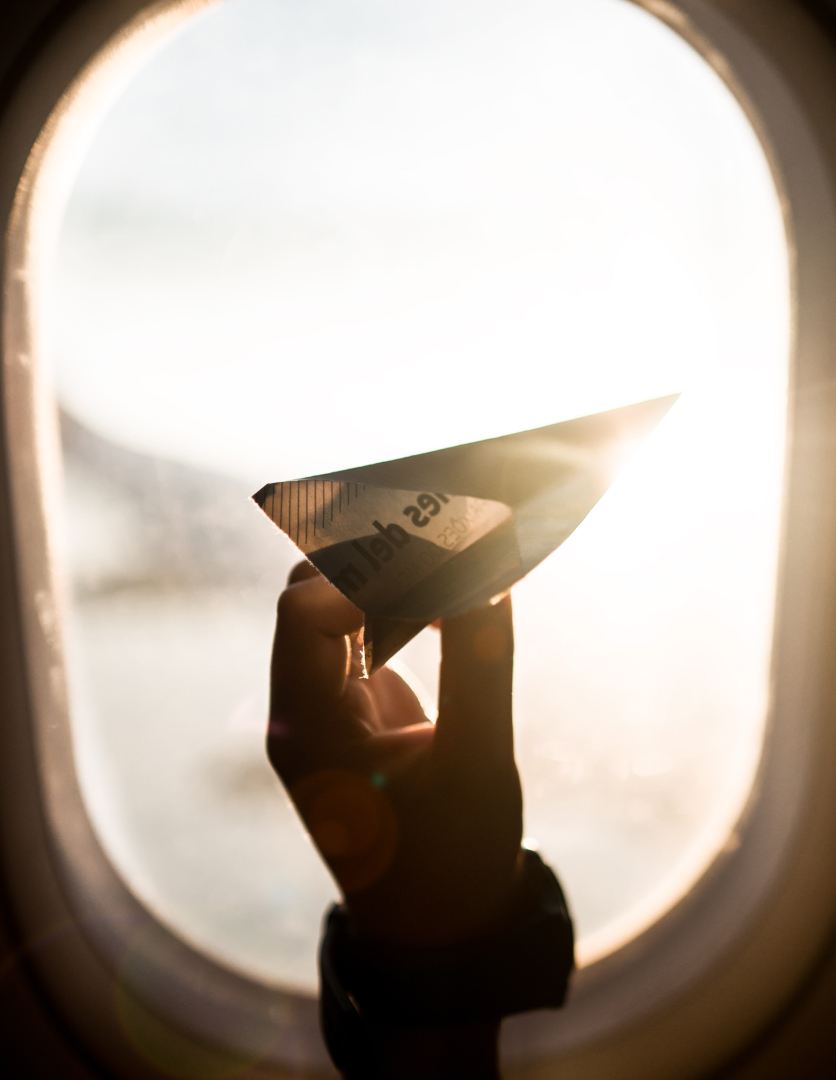problem.
Food is included on Iberia's long-haul flights but not on short-haul flights. Selling and serving food on the plane is complex and involves several problems, both operationally and for customers:
- Food waste and logistics: It is very difficult to calculate how many meals will be sold on board. If they are overloaded, they can end up in waste.
- "The food on the plane is not good": This is a common feeling regardless of the airline, causing many passengers to eat earlier or wait until they arrive at their destination.
solution.
process.
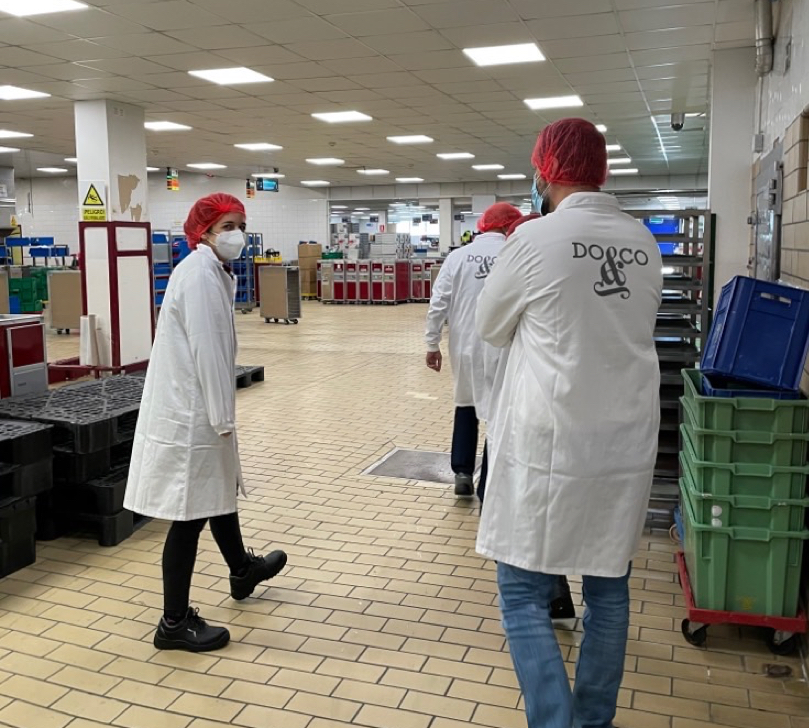

1. Product conceptualisation and value proposition definition
Deliverfly is Iberia's in-flight gastronomic proposal for economy class, which allows customers to order their menu up to one hour before flight departure. Among its advantages are the following:
- Variety of products. Customers can choose from a wide range of fresh products prepared daily and adapted to different needs and customers (healthy, vegan, international, children's, etc.).
- Sustainability. The fact that the products to be consumed on the plane are loaded daily avoids food waste and excessive loading, thus reducing fuel consumption. Moreover, packaging plays a fundamental role in representing this value.
- Adapted to the new COVID-19 context. Deliverfly was created to replace the traditional in-flight meal service, which had to be discontinued due to the pandemic. The crew delivers the menus to passengers according to the established protocol. All menus are delivered sealed as a guarantee of safety.
The product had to be perfectly integrated in all key points of the customer journey and one of the most strategic decisions was how to make it known and in which processes of the flow to offer the purchase.
In addition, for customers, differentiation was fundamental and we had to achieve a new gastronomic brand perception.
2. Understanding the complexities of the operation
One of the biggest challenges was to understand the operational complexity of the product and to be able to adapt the customer's needs to the adversities of the operation. Being able to order up to an hour before departure means being able to load the aircraft within an hour of take-off.
On the one hand, an integration was made with DO&CO, Iberia's catering supplier; and, on the other hand, an integration with the aircraft crew , who had to be able to deliver each order to the corresponding seat. This required the design and development of the back end of the platform.
3. Empathising with customers and scaling the product
The strong point of this project was the emphasis onresearch and user experience. Several design proposals were carried out and tested until the final result was achieved. Through co-creation activities we did workshops, card sorting, interviews and user testing.
The quality of the images was fundamental to differentiate us. A professional shooting was carried out in order to bring the client as close as possible to the new gastronomic proposal.
The launch of a new product requires continuous contact with customers to identify opportunities for improvement. Measuring transactions, user testing and gathering feedback are three key points to continue improving and scaling the product.
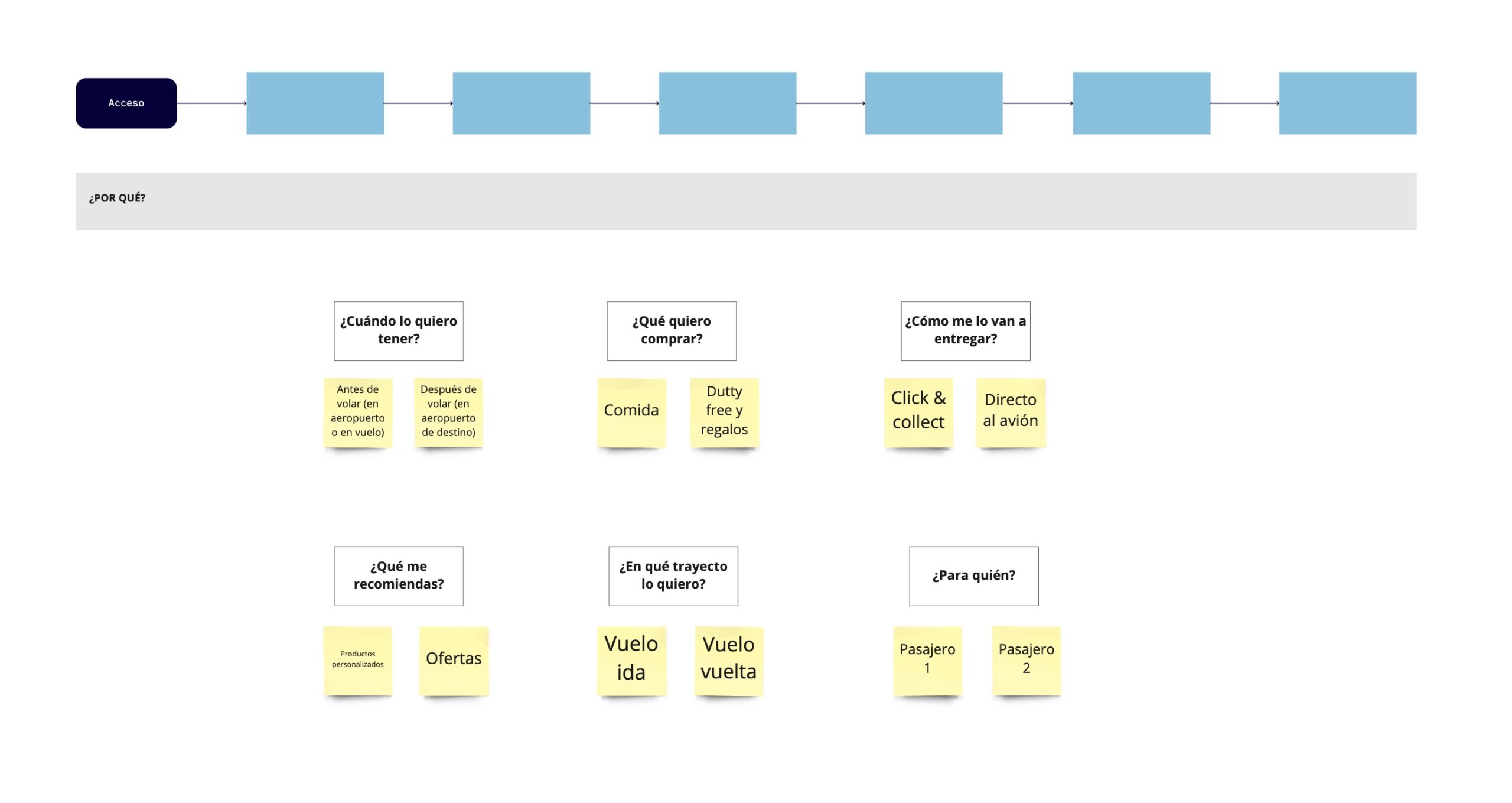

impact.
- Implementation of a connected experience (customer, crew and catering).
- More than 4,000 orders by 2021.
- Reduction of CO2 emissions.
- .Customer satisfaction in the digital experience +4/5.
